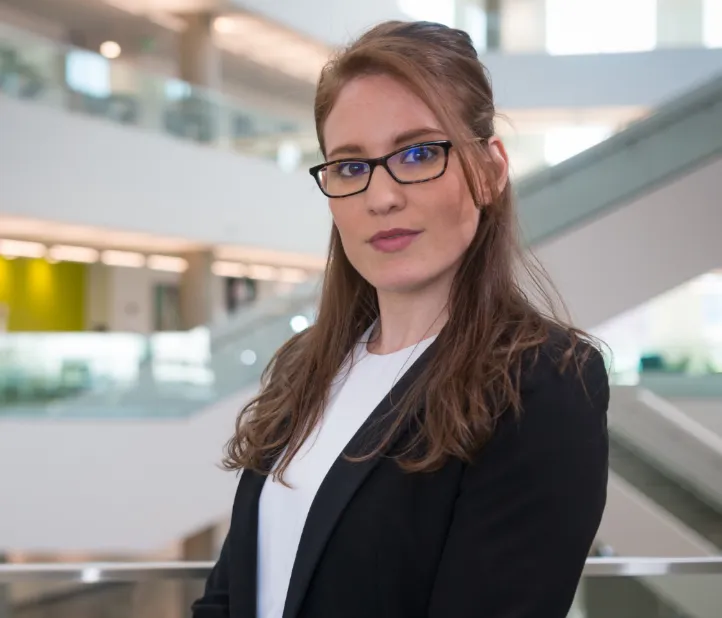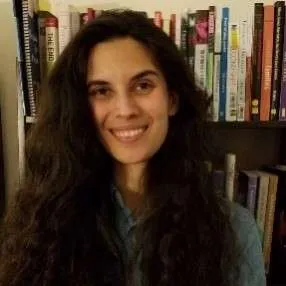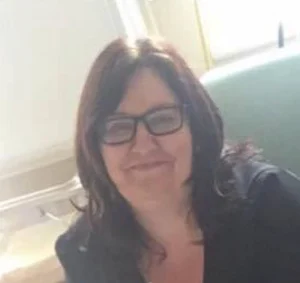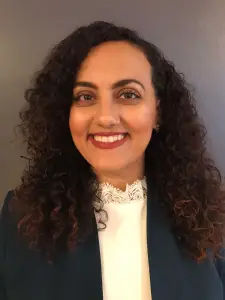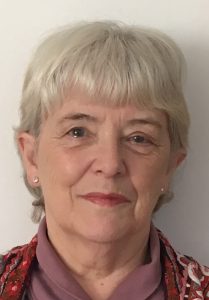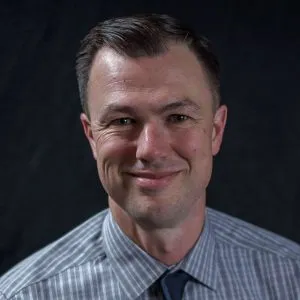Editorial Note:
This profile of Emily Milne, PhD is brought to you through a partnership between Applied Worldwide and the Canadian Sociological Association’s Applied Sociology Research Cluster. Thank you to CSA and all those who made valuable contributions to the Profiles in Applied & Clinical Sociology series.
This profile is presented as part of a larger project with the intentions of: 1) providing students with examples of applied sociology, 2) providing market value to sociological skills and services, and 3) promoting the work of individual sociological practitioners and organizations.
Emily Milne, PhD
Emily Milne, who earned her Ph.D. in sociology from the University of Waterloo, uses her sociological training to “engage in projects with and for community partners.” In doing so, she pursues “projects in the spirit of partnership” and shares “leadership and work as equal participants with community partners” to “benefit those participating and make meaningful and relevant contributions” to the community partners she works with. When we asked Dr. Milne to briefly describe the work she does as an applied or clinical sociologist, she told us:
“I am involved in several community-engaged projects in partnership with schools and school divisions, educators, students, parents/caregivers, as well as Elders that aim to support Indigenous students by identifying educational inequalities and developing school-based policies and strategies to reduce educational inequalities. My work is informed by a social responsibility and desire to contribute to social change, to use theory and research methods to engage with social issues, contribute to public understanding and discourse, and address issues in real-world settings.”
Emily Milne, PhD
Read the full interview with Dr. Milne about her community-engaged approach to applied sociology below!
Using Sociology in Practice
In general, how do you use sociology in practice?
I listen to the needs of community partners and work collaboratively on projects that respond to identified needs. I do publish findings in academic journals but this is one aspect of a broader knowledge dissemination strategy which also includes producing reports and giving presentations for community stakeholders and communicating findings to policymakers and decision-makers to help inform evidence-based practices, decision-making, and policy.
How do you use sociological research methods in practice?
I use qualitative and mixed methods to examine the strengths and needs of, and challenges experienced by, community partner organizations.
Lessons for Future Practitioners
What types of courses should undergraduate students take in preparation for a career similar to yours?
Research methods courses are essential to learn about research design and ethical practices, as well as data collection, analysis/interpretation, and communicating findings. I would also highly recommend that students enroll in courses that offer experiential learning or work integrated learning opportunities that encourage students to get out into the community and gain experience working with community organizations. These courses offer great opportunities to apply academic knowledge to the real-world, build networks, gain experience with critical analysis of complex problems, and learn how to translate academic jargon into accessible language.
What types of experiences should undergraduate students seek in preparation for a career similar to yours?
First, I encourage students to seek out research assistant positions to gain firsthand and direct research experience, and benefit from one-on-one mentorship. Second, I would encourage students to volunteer with community organizations during their undergraduate studies. Volunteering helps to build networks for future employment opportunities, for example, but volunteering also helps students establish community connections for potential course based, independent study, and thesis projects. Third, I would recommend that students enroll in an honors program and complete an honors thesis.
What types of experiences should graduate students seek in preparation for a career similar to yours?
I would encourage graduate students to pursue a thesis-based versus a course-based MA program to gain experience conducting independent and original research. I would also encourage students to engage in MA thesis or PhD dissertation projects that are with and/or for community organizations.
What advice do you have for aspiring applied and clinical sociologists?
Creating opportunities for community partners to inform and guide research activities has strengthened and enhanced my projects. I would therefore encourage researchers to engage community partners in research processes (e.g., research design, interpreting findings, knowledge dissemination strategies). Further, since learning happens in and outside of the classroom, I would encourage students get out into the community and get involved.

